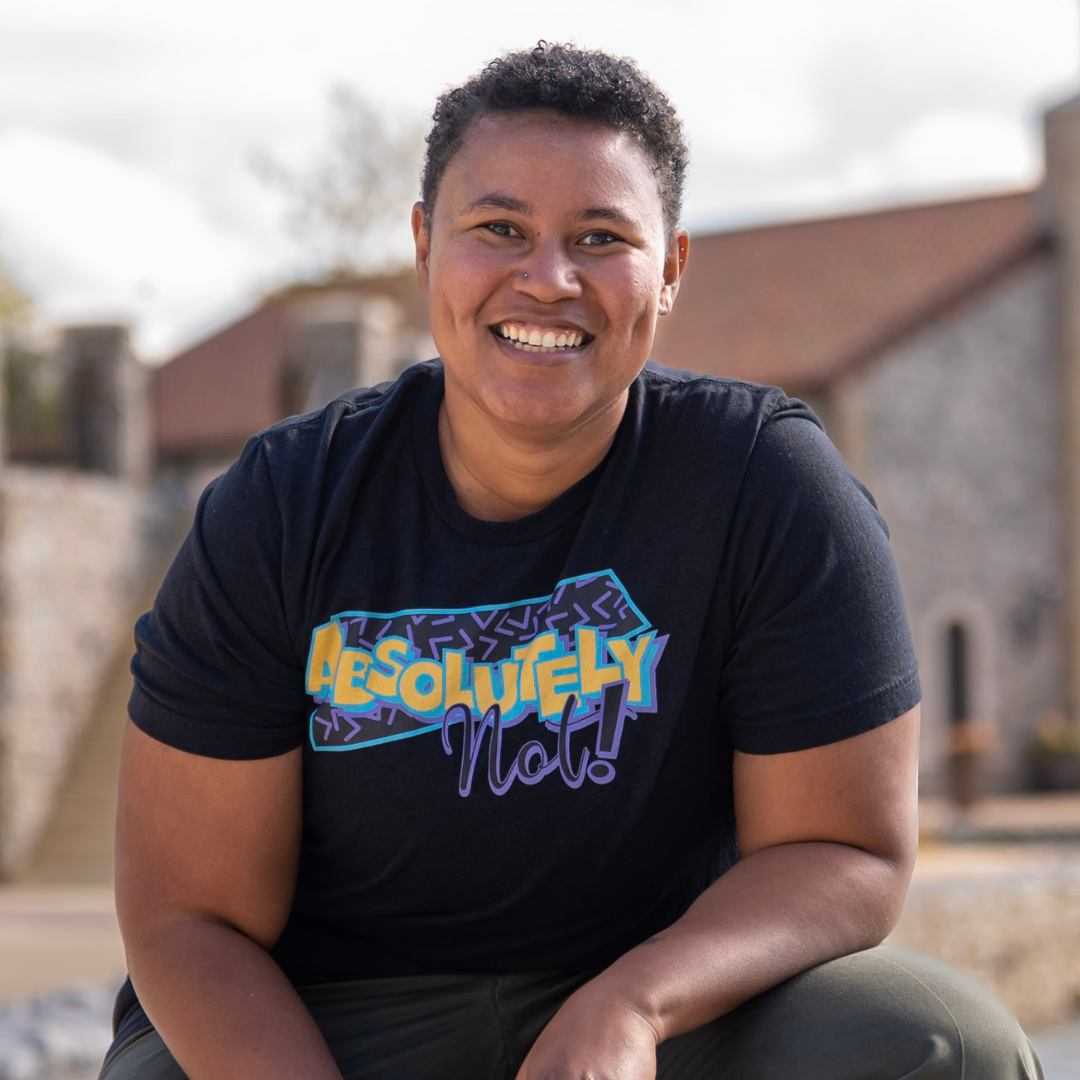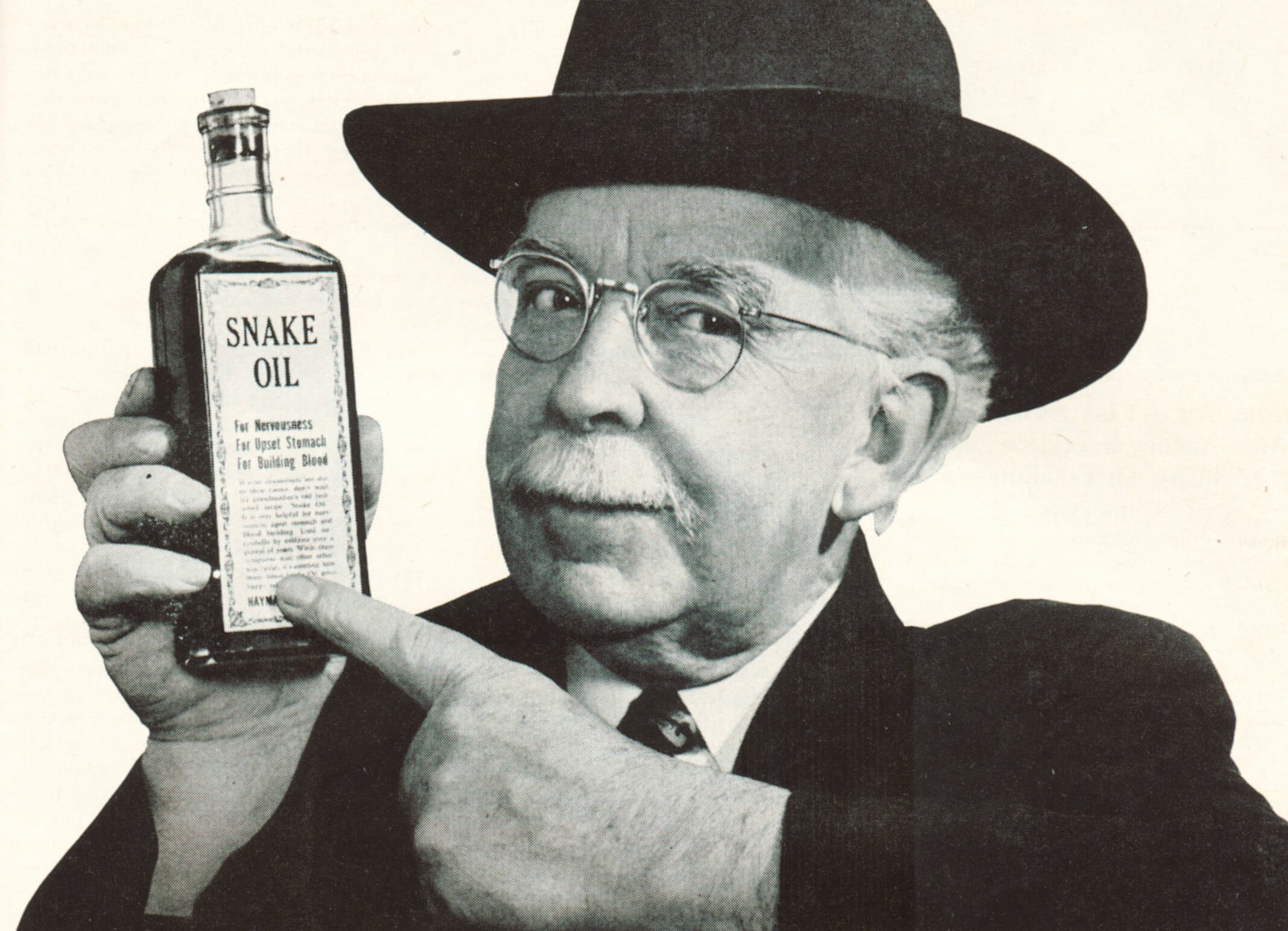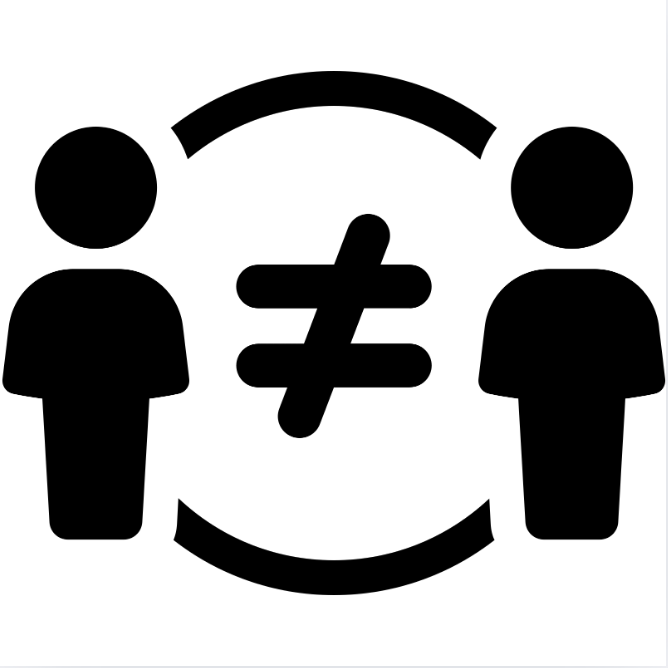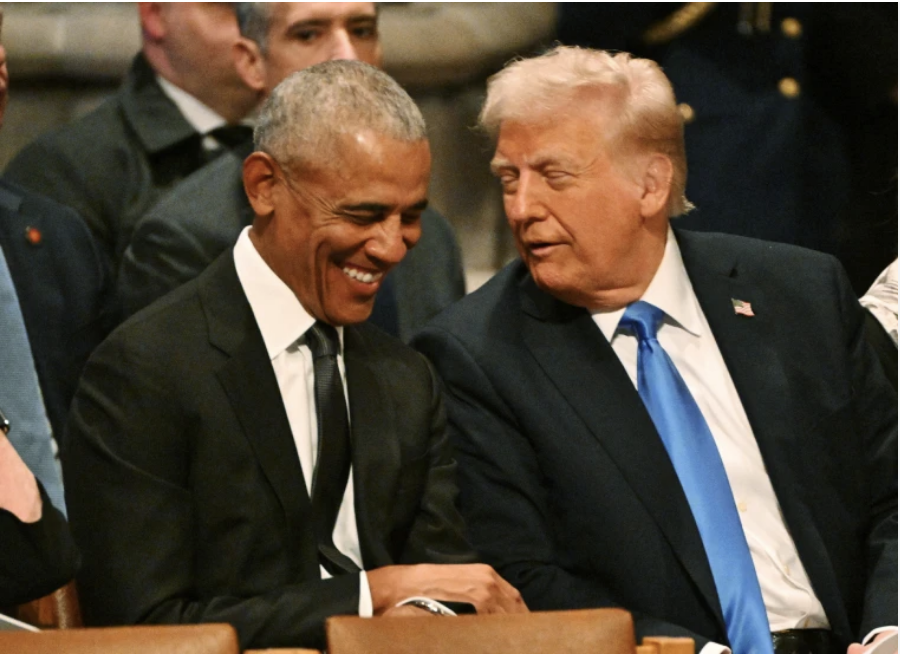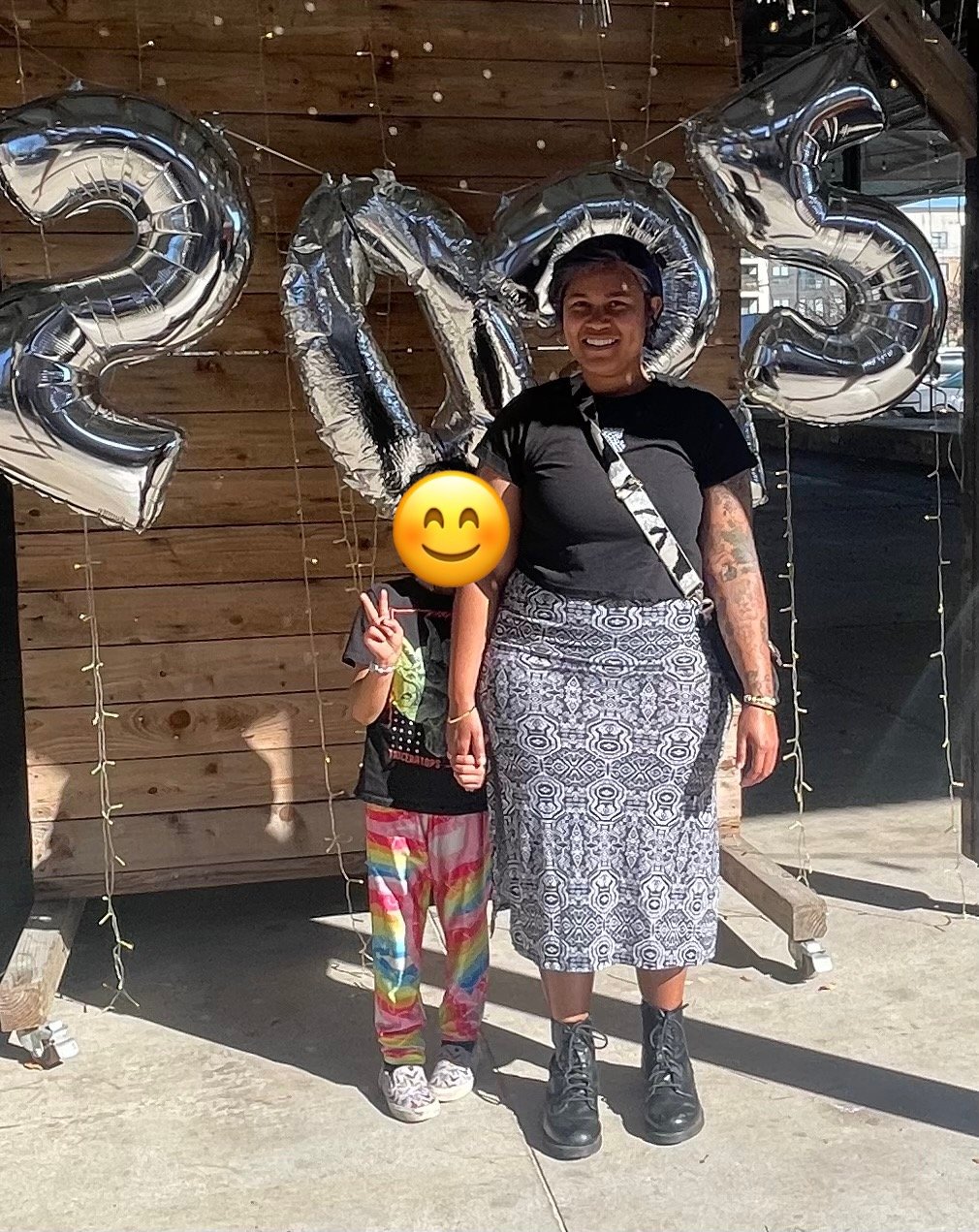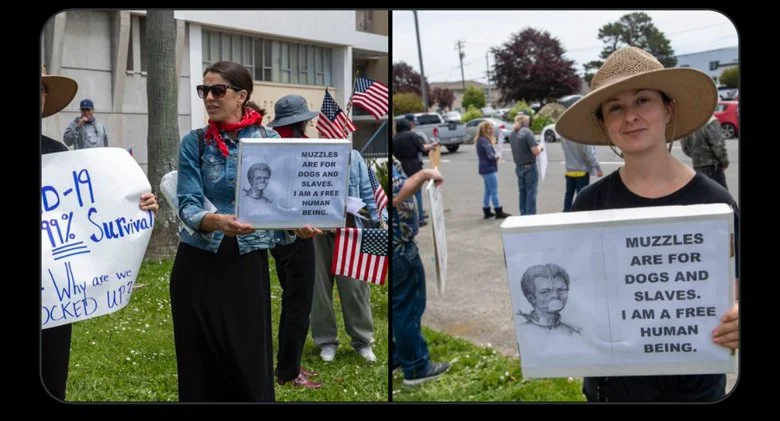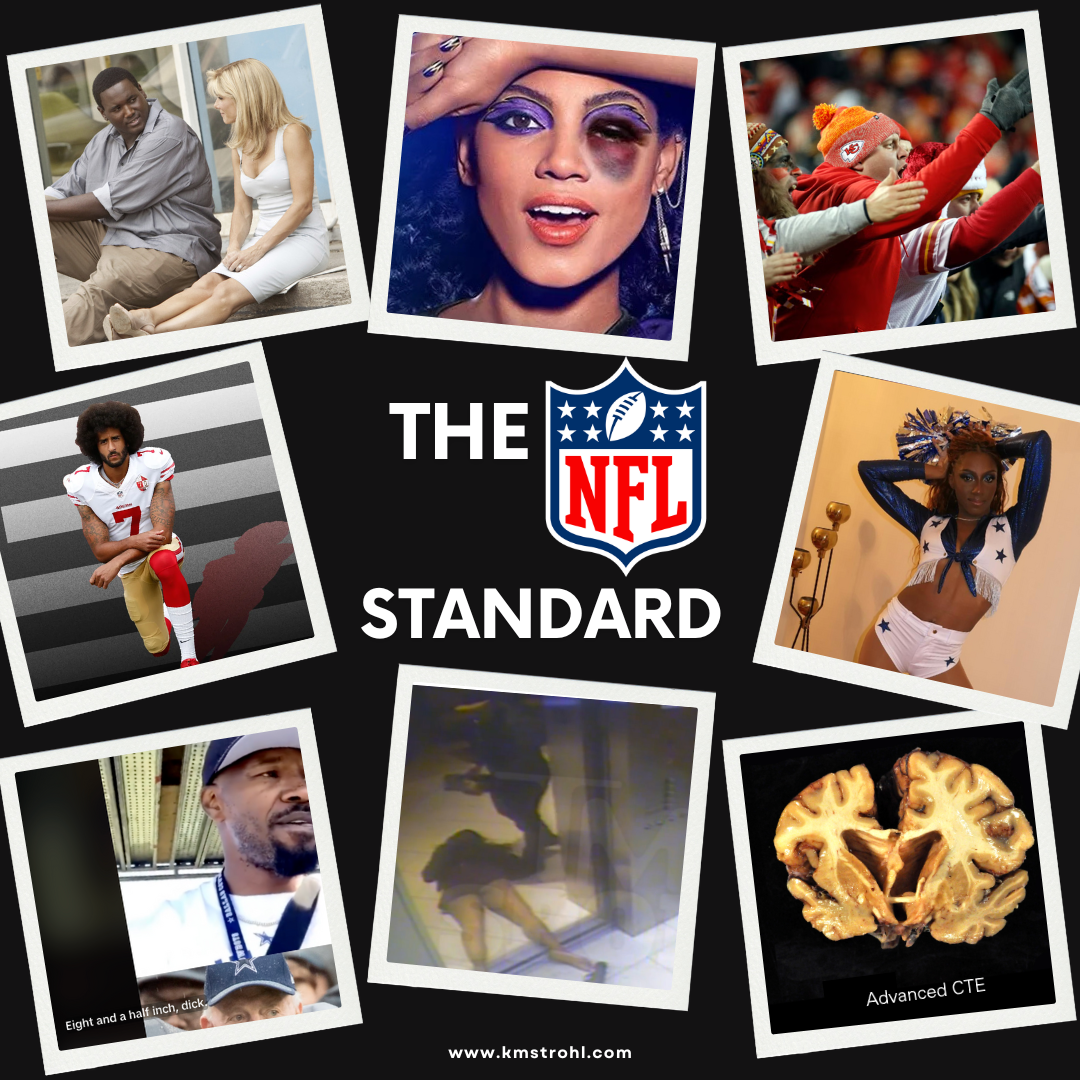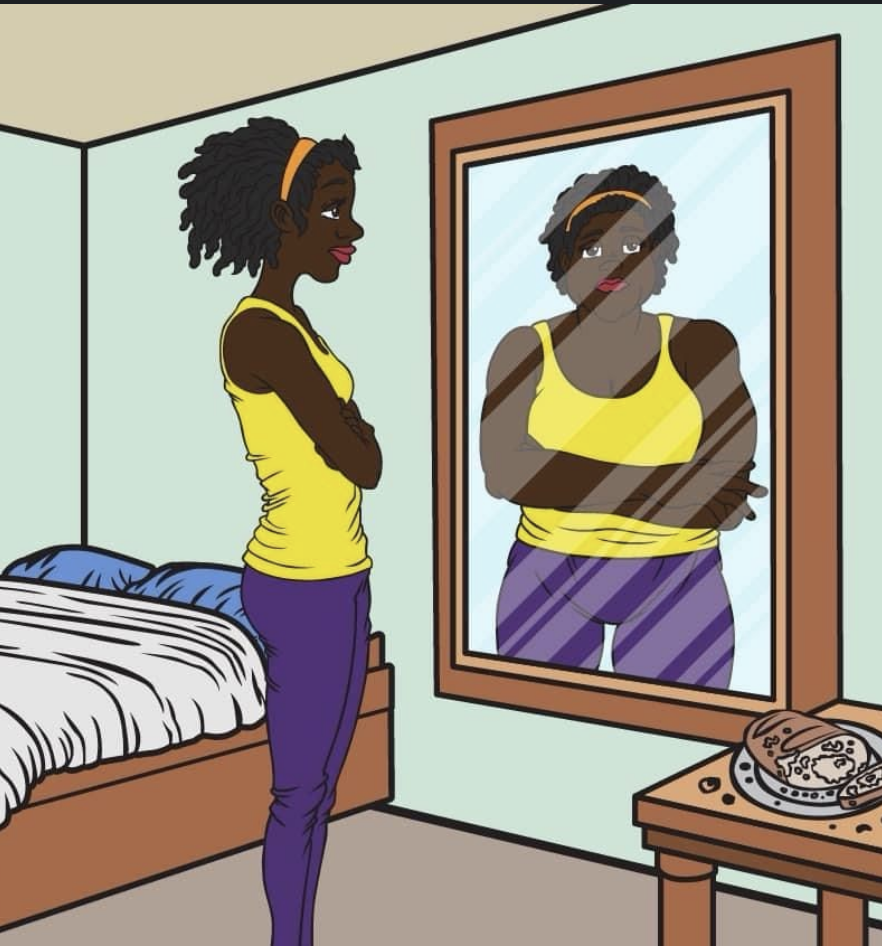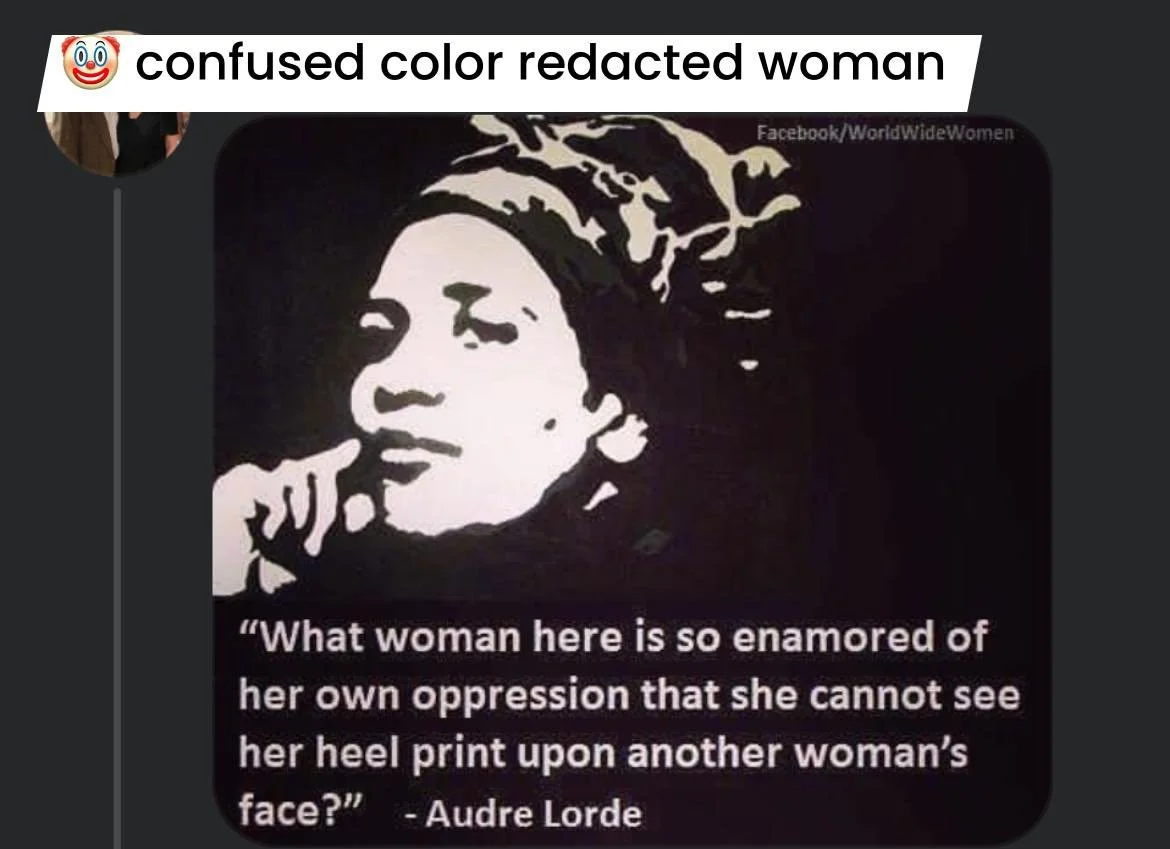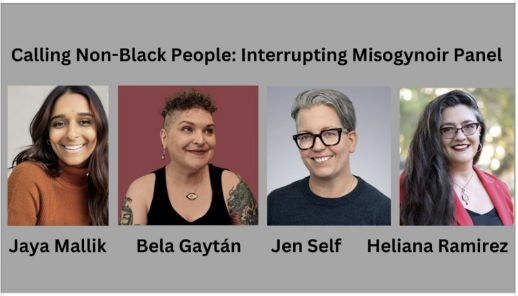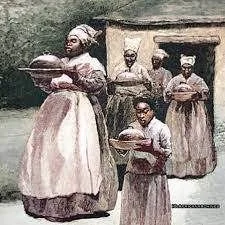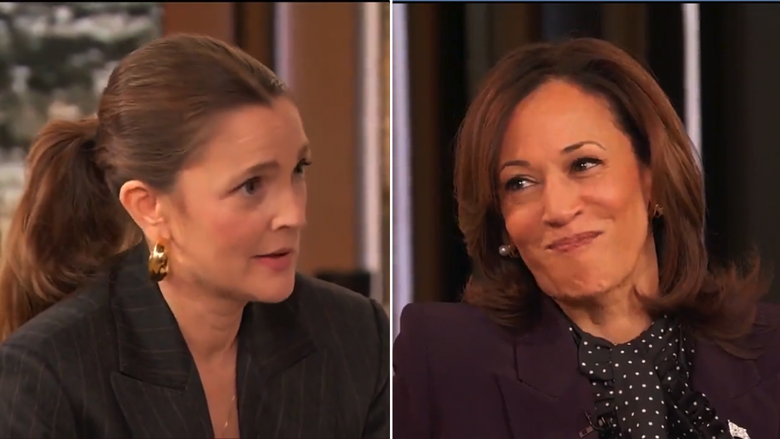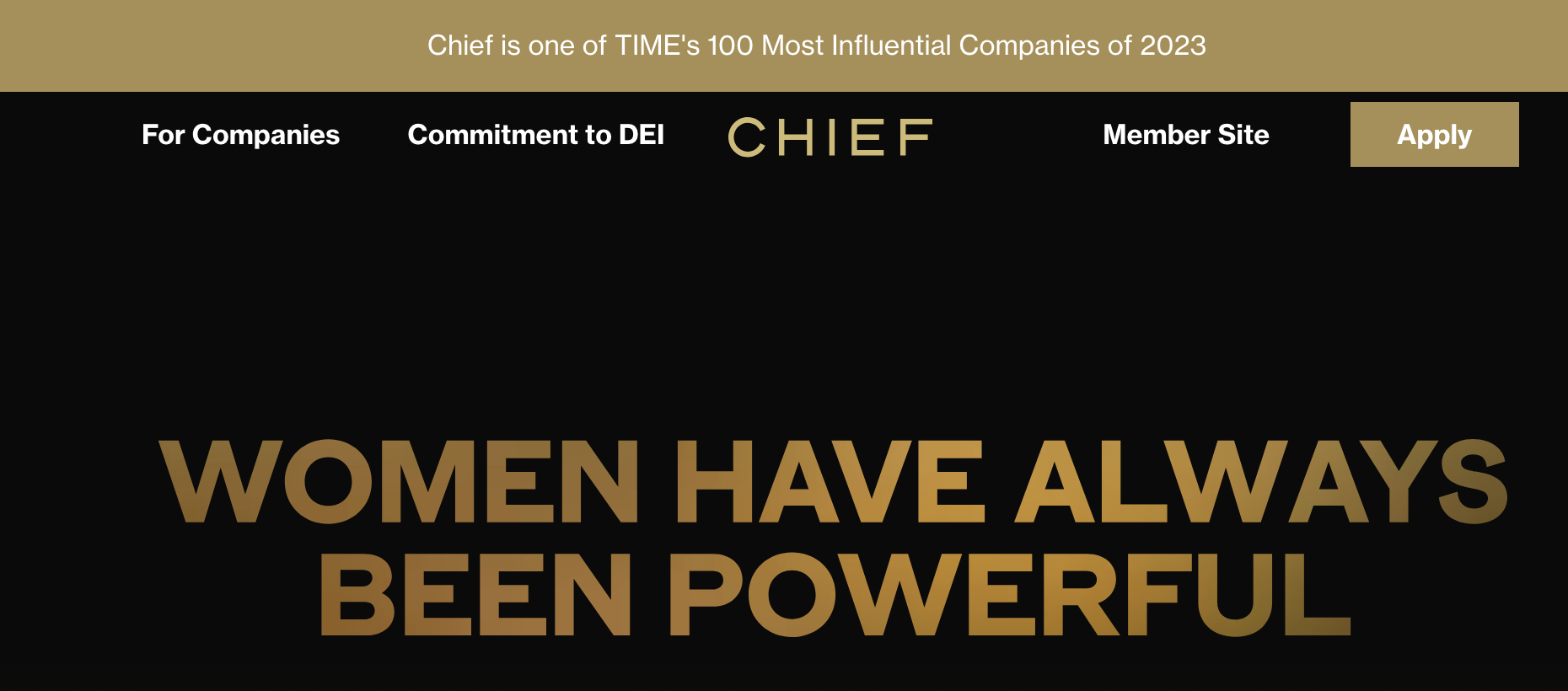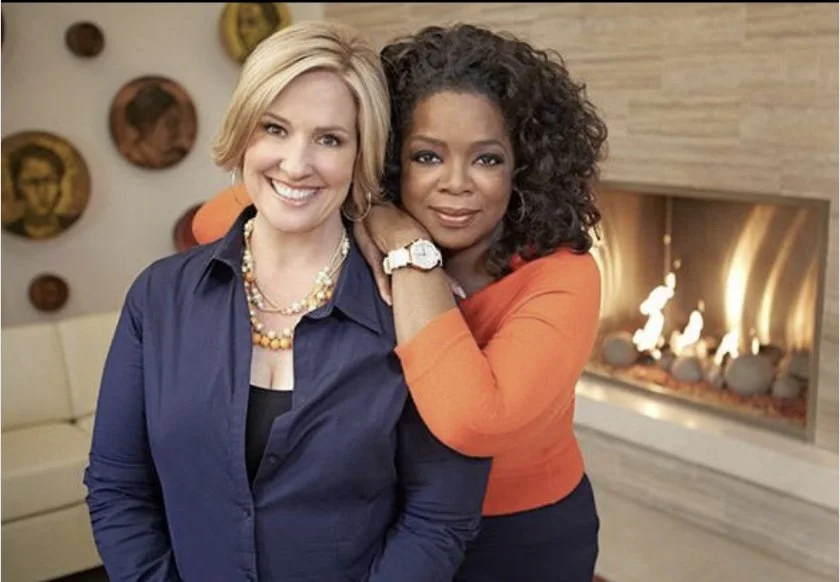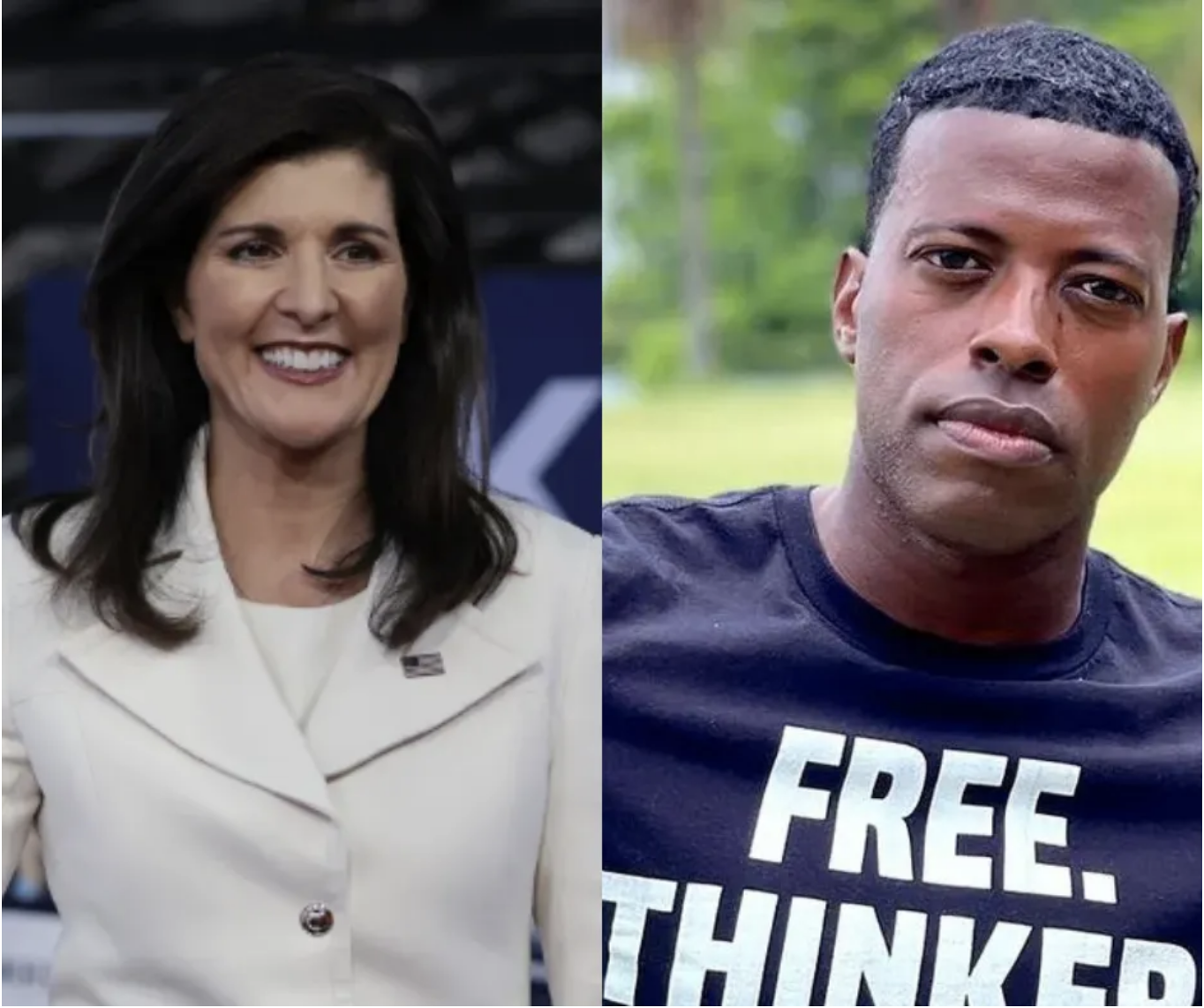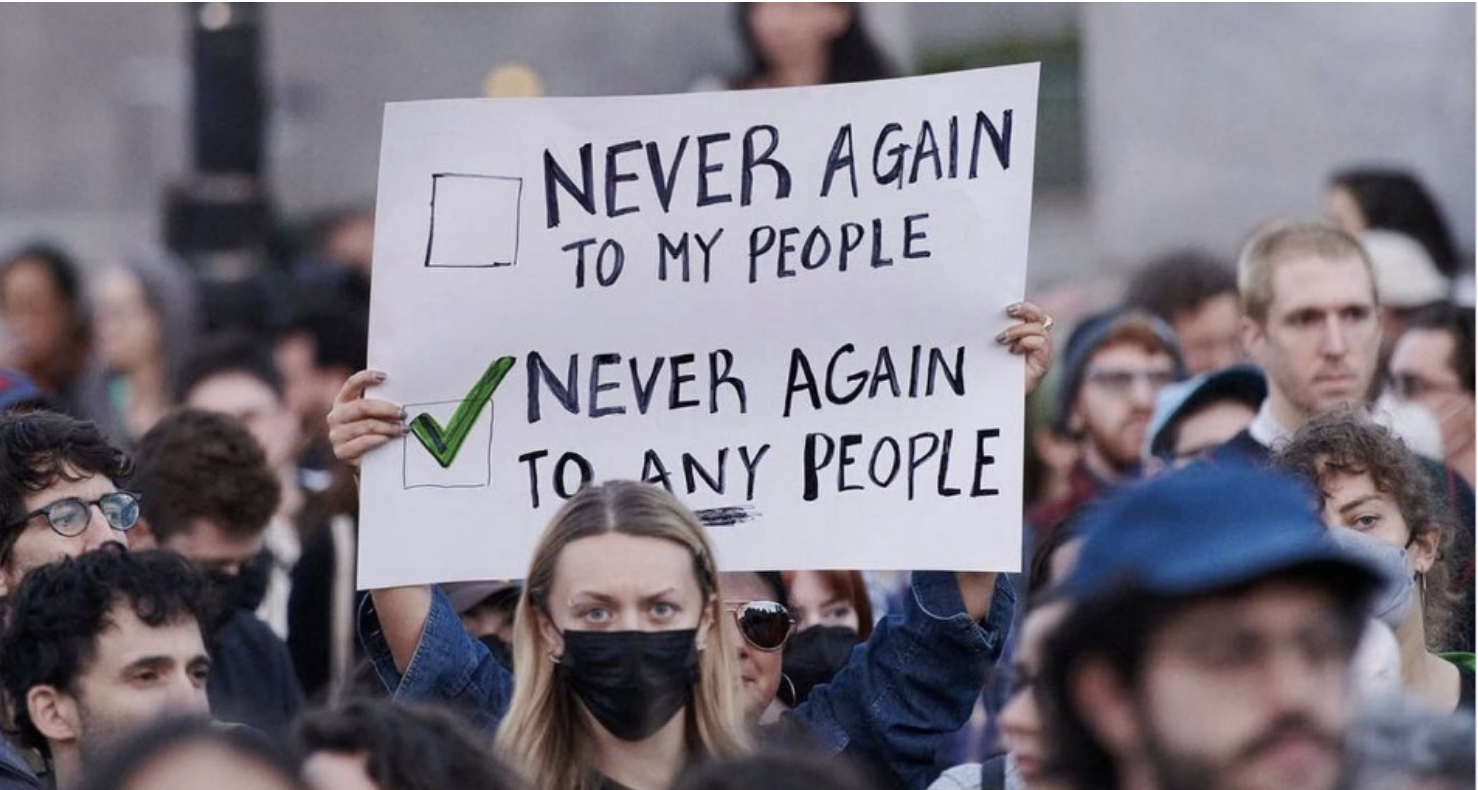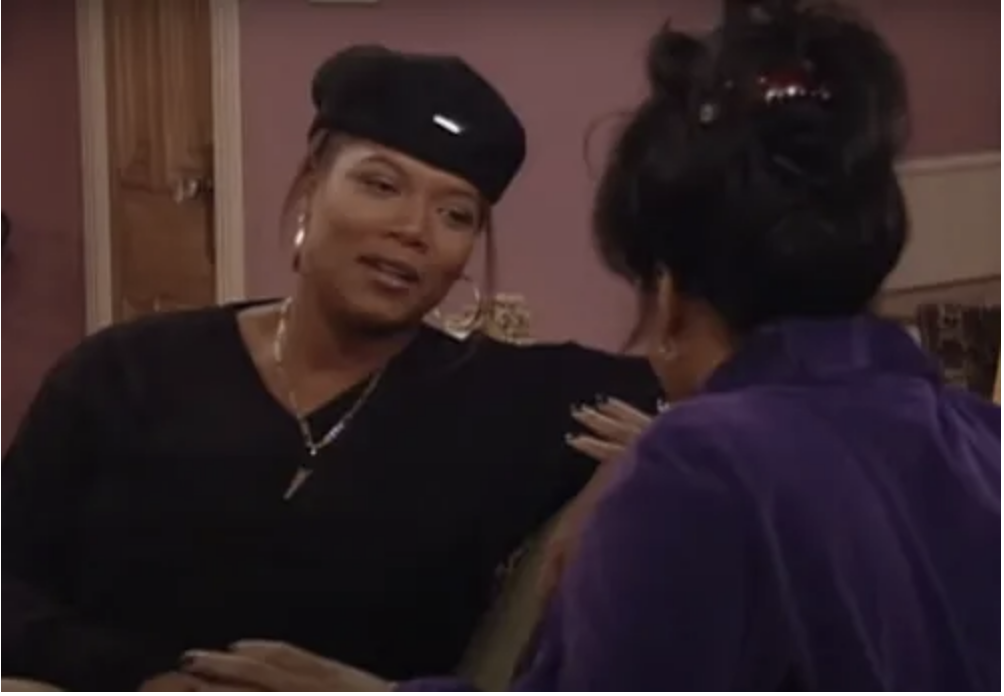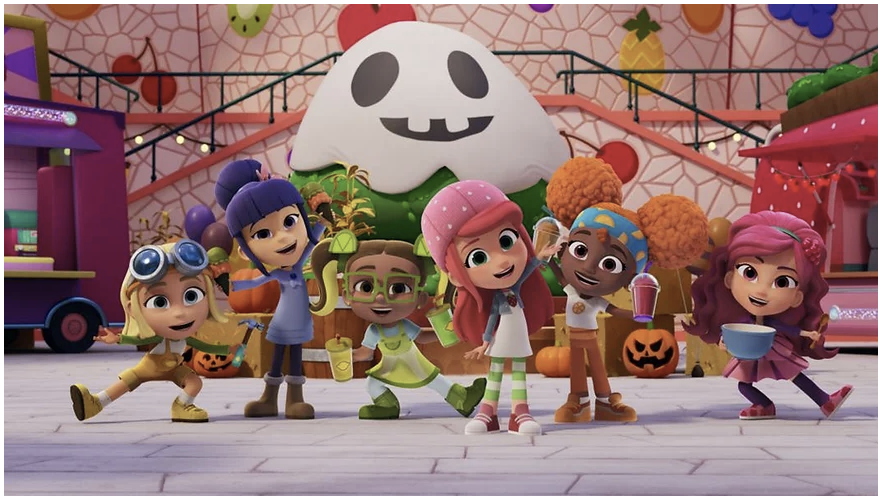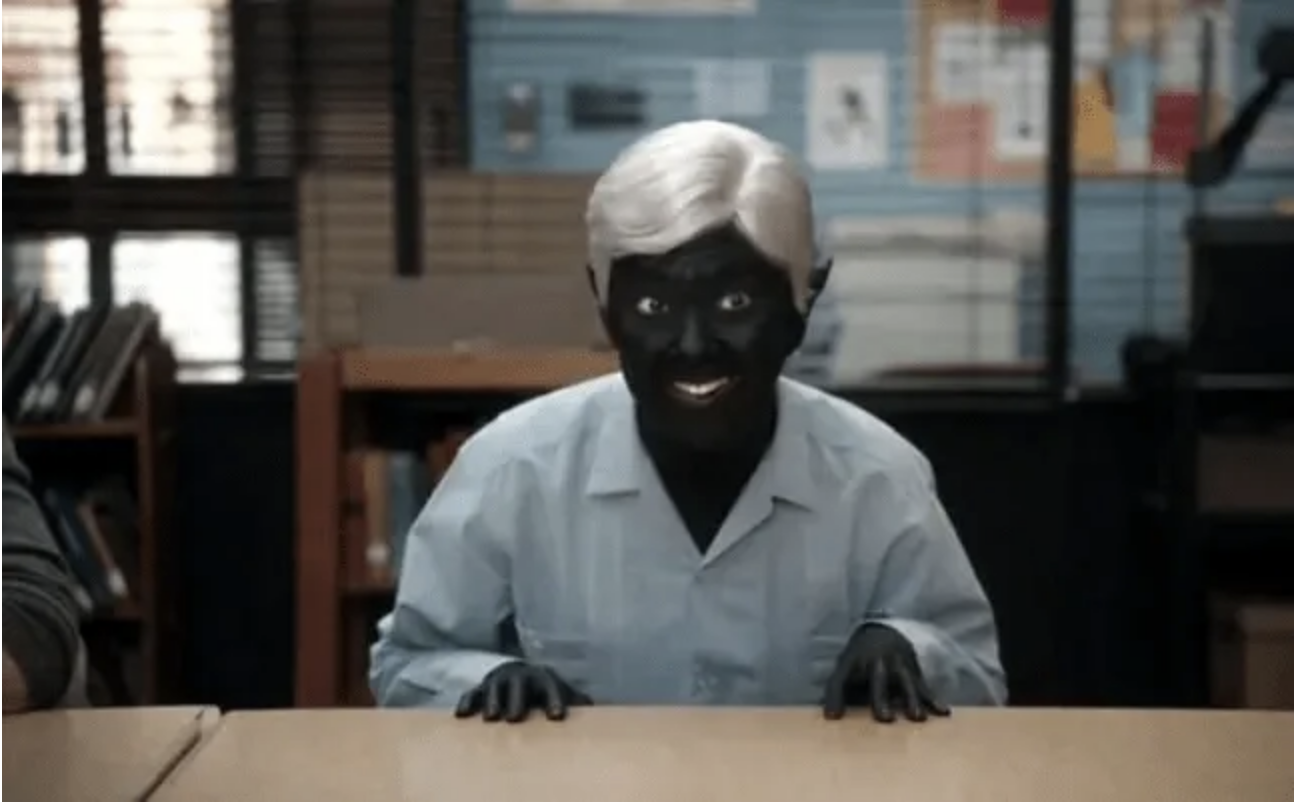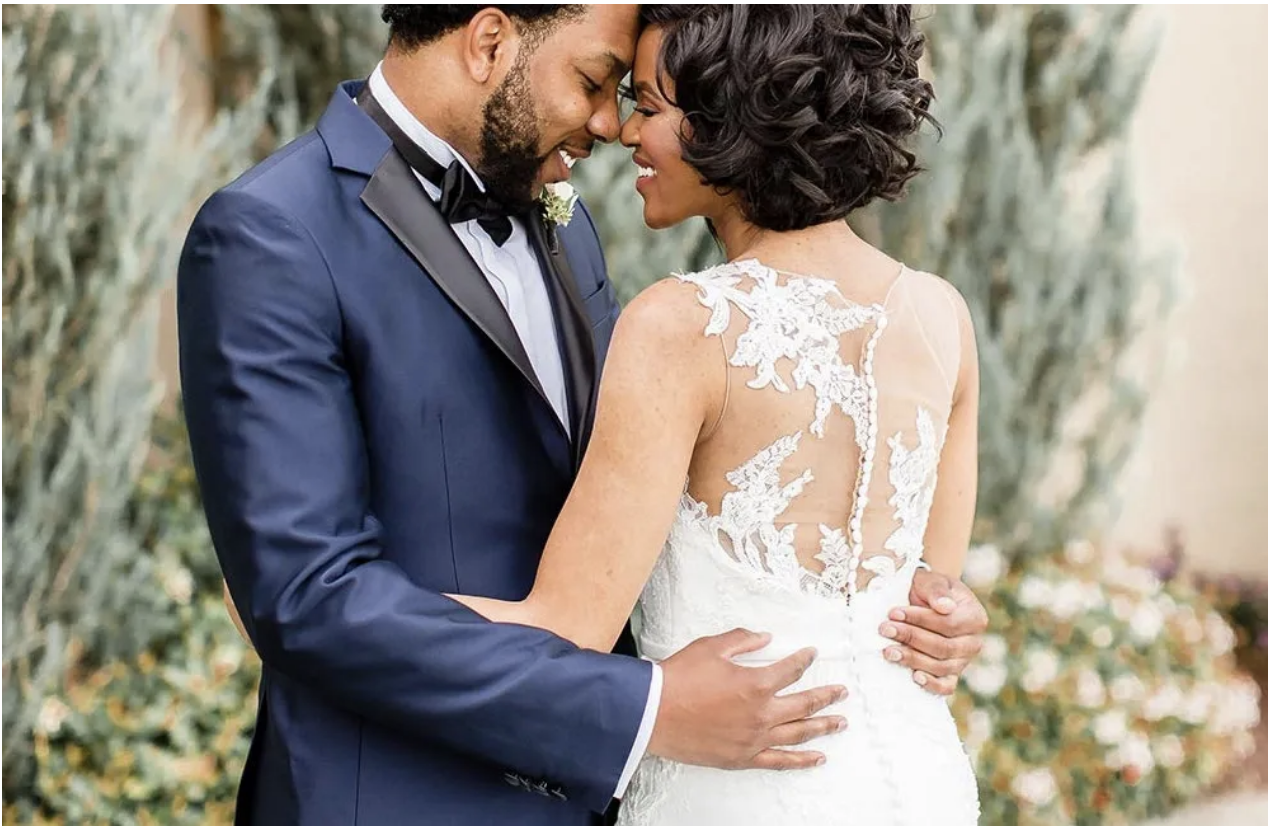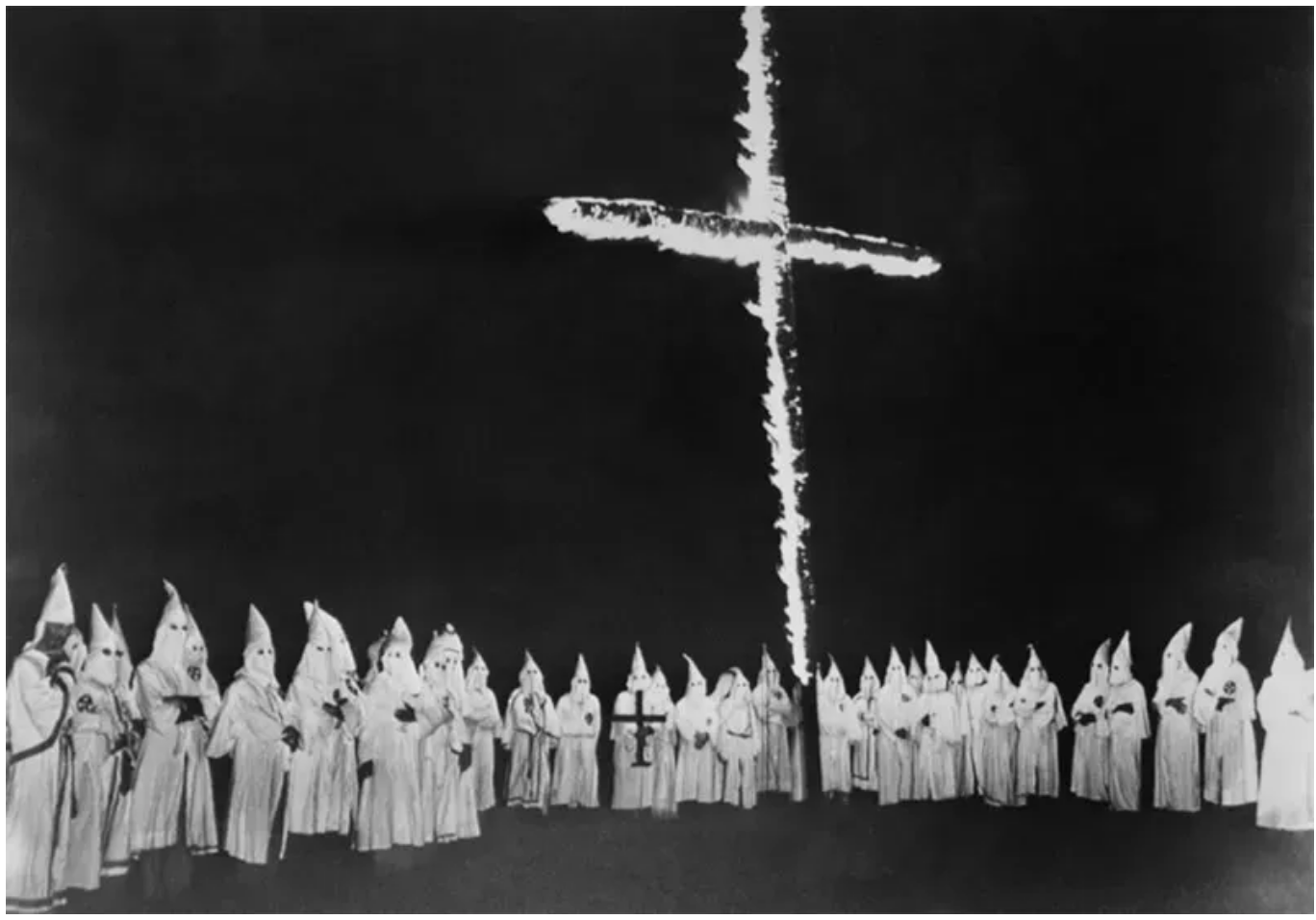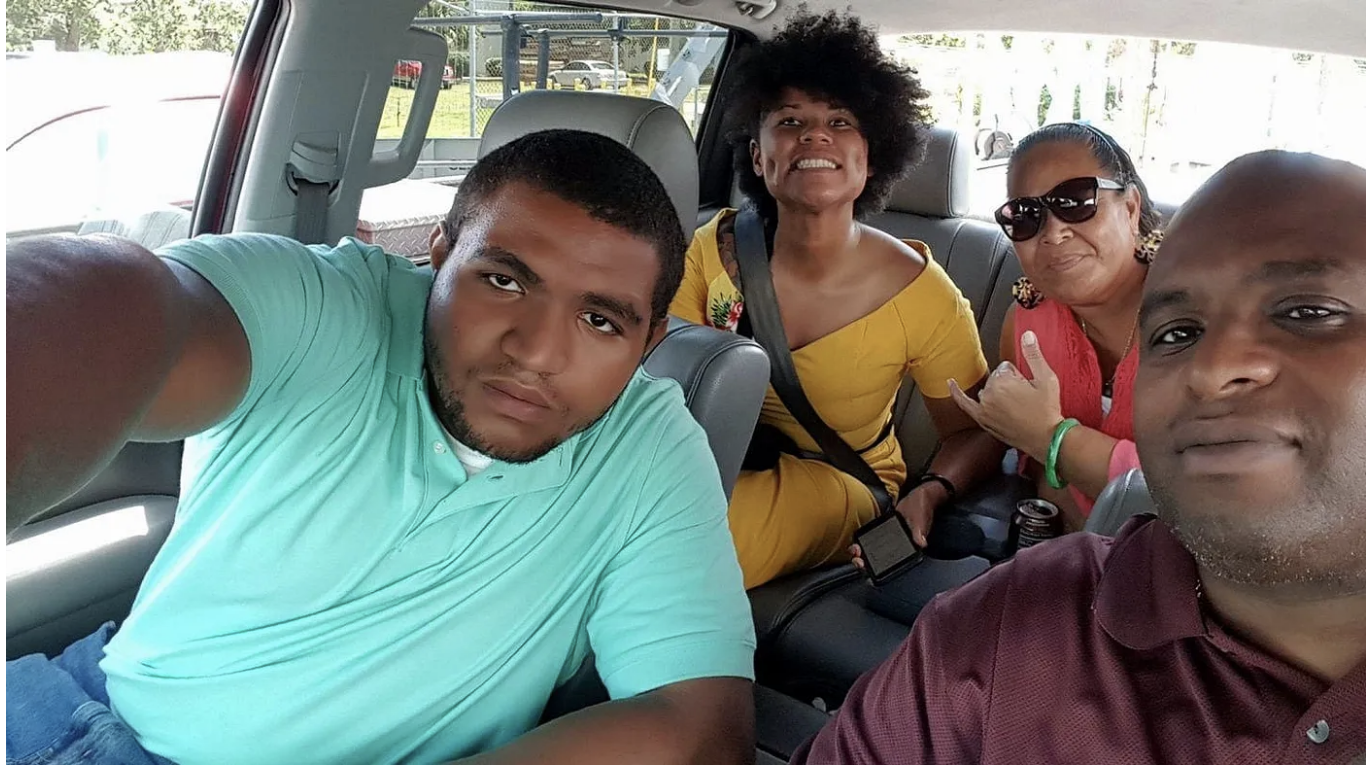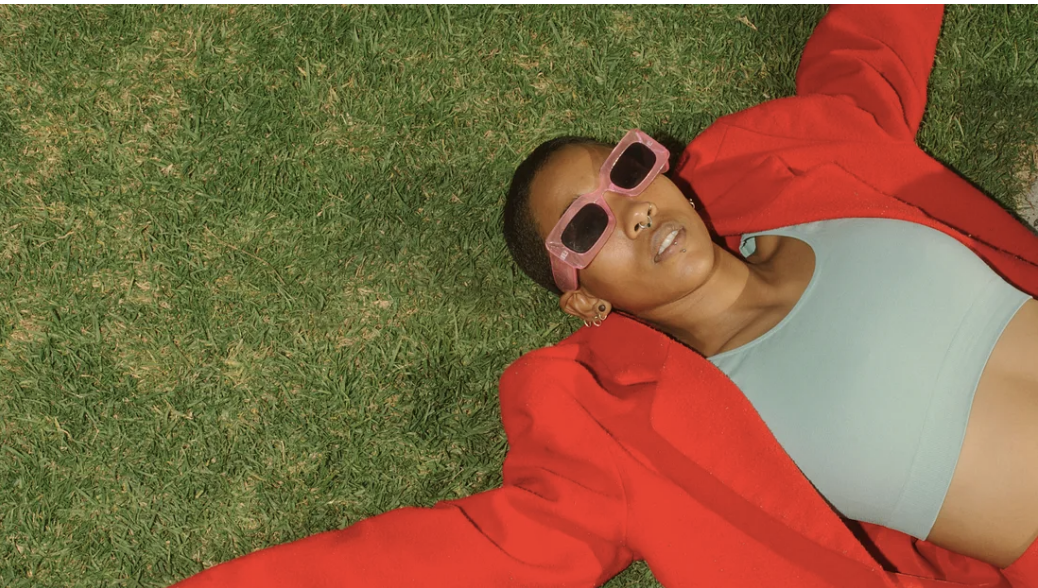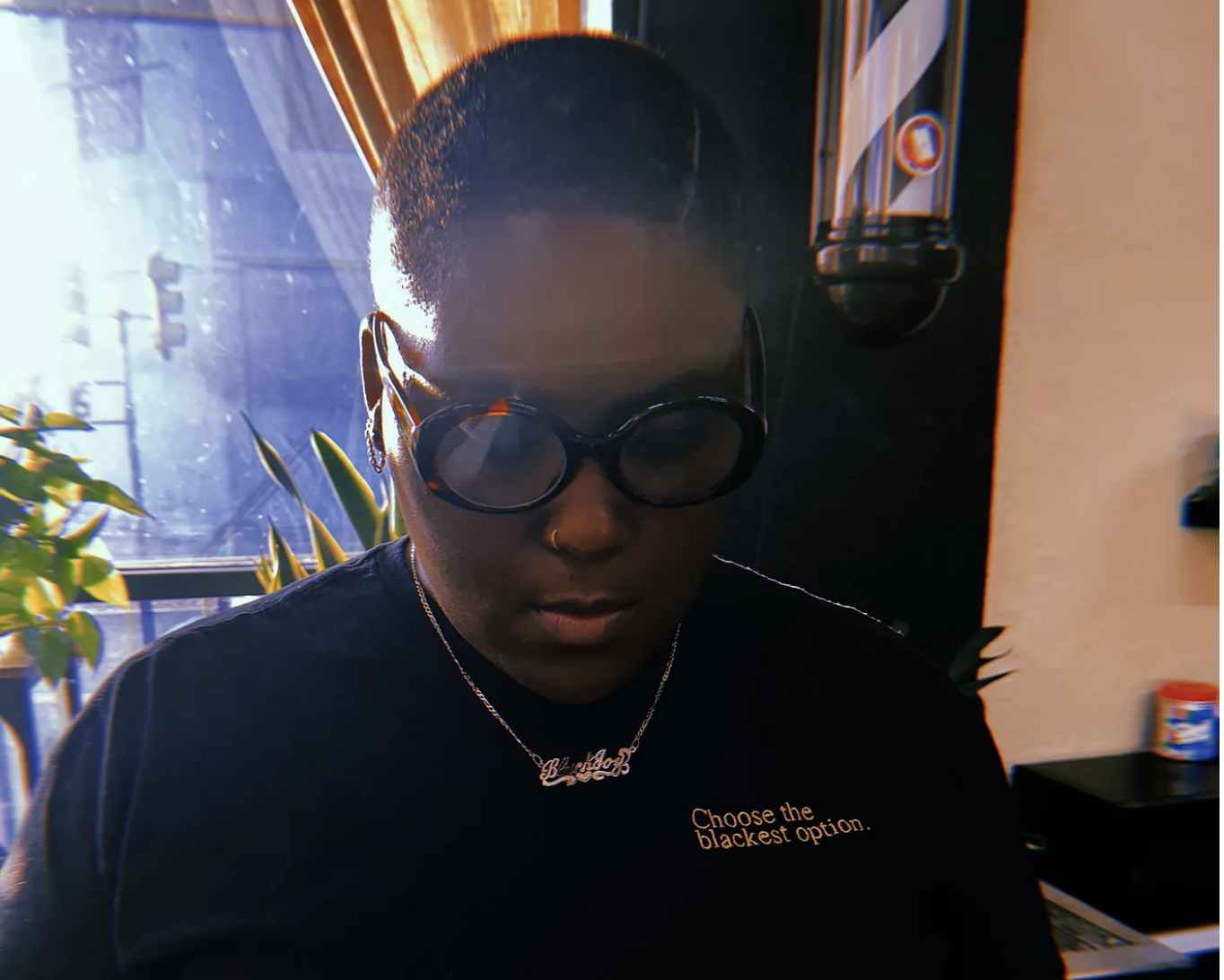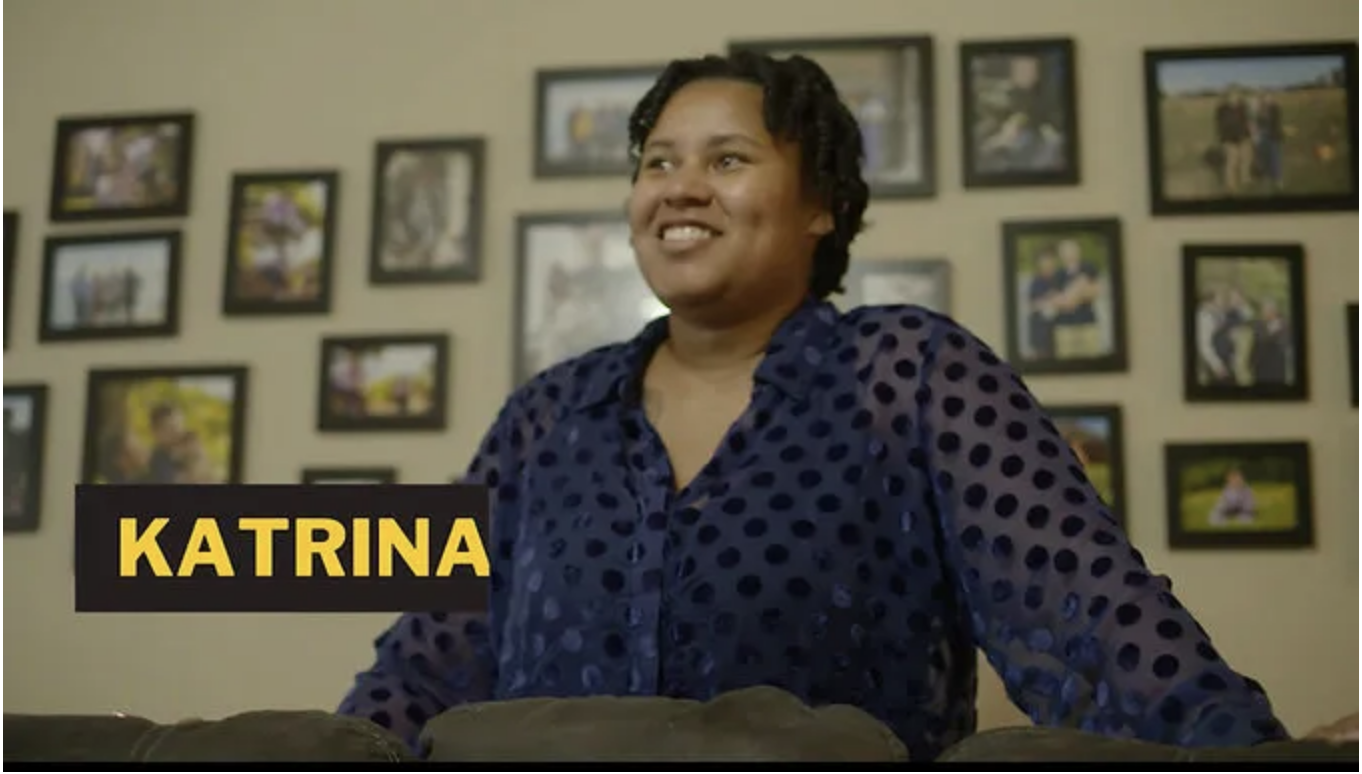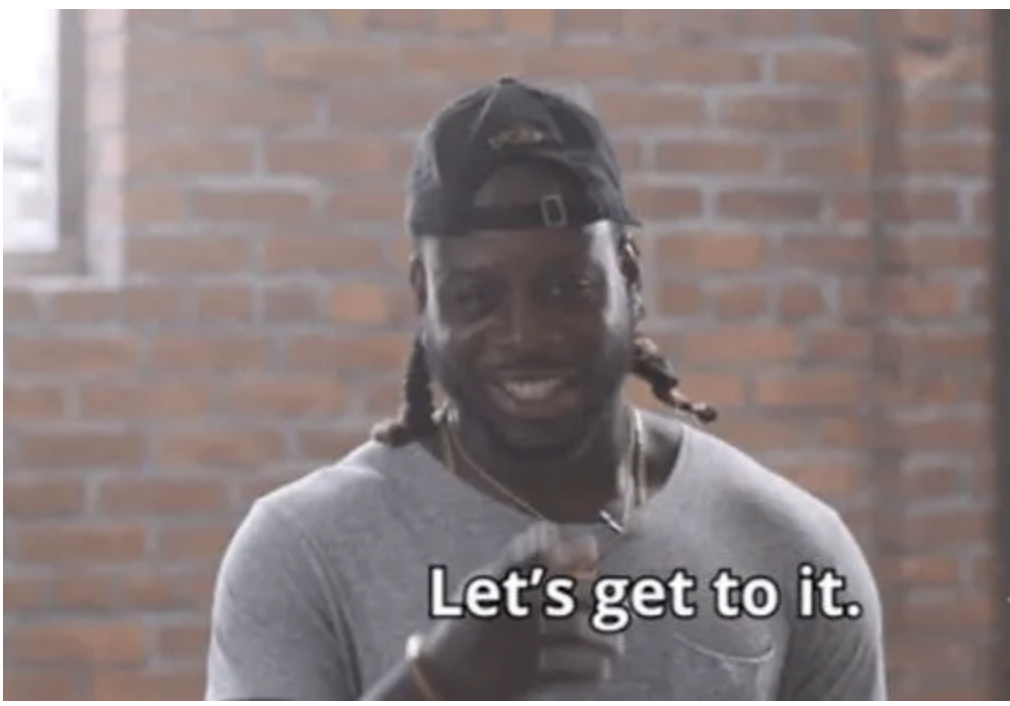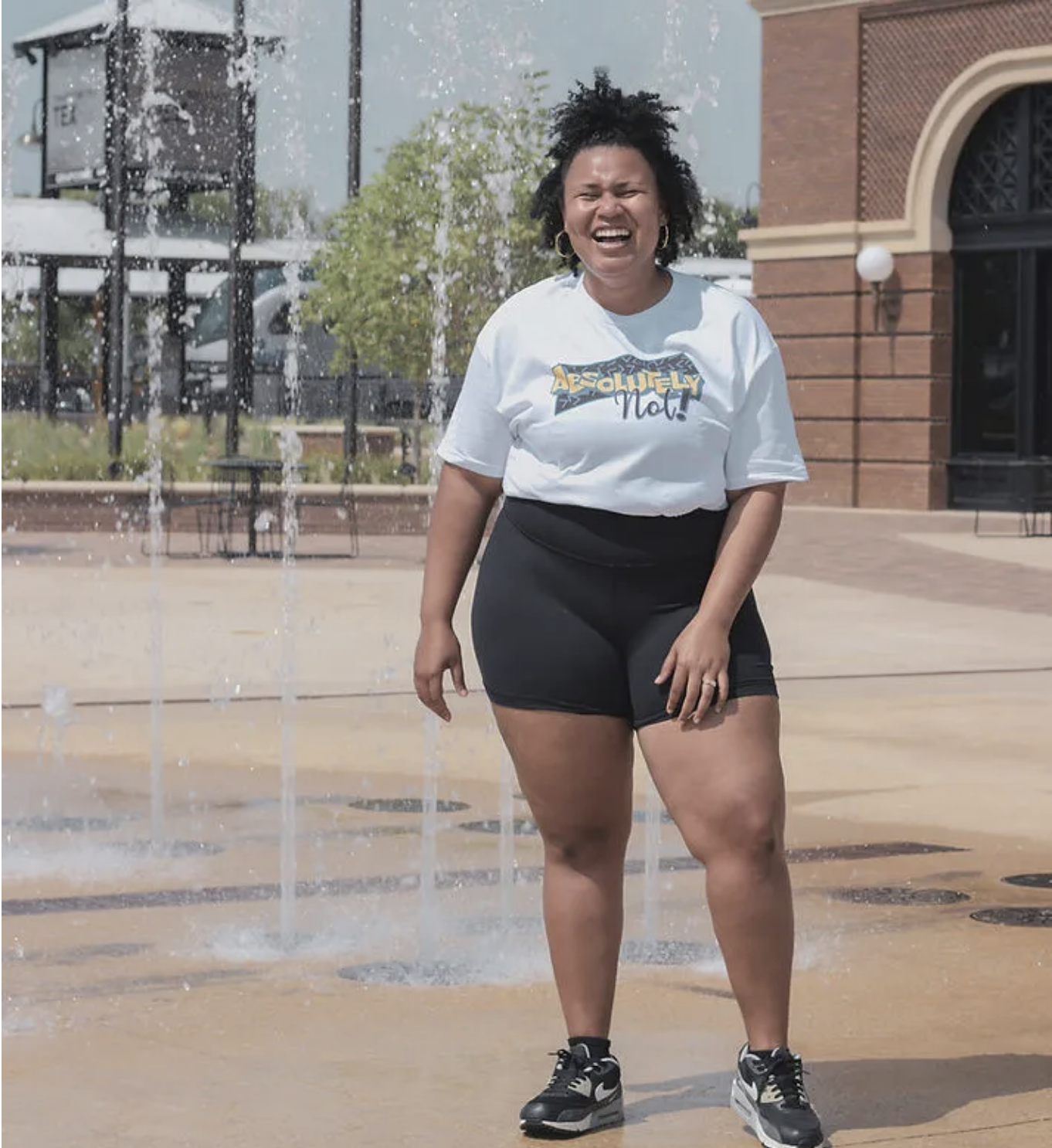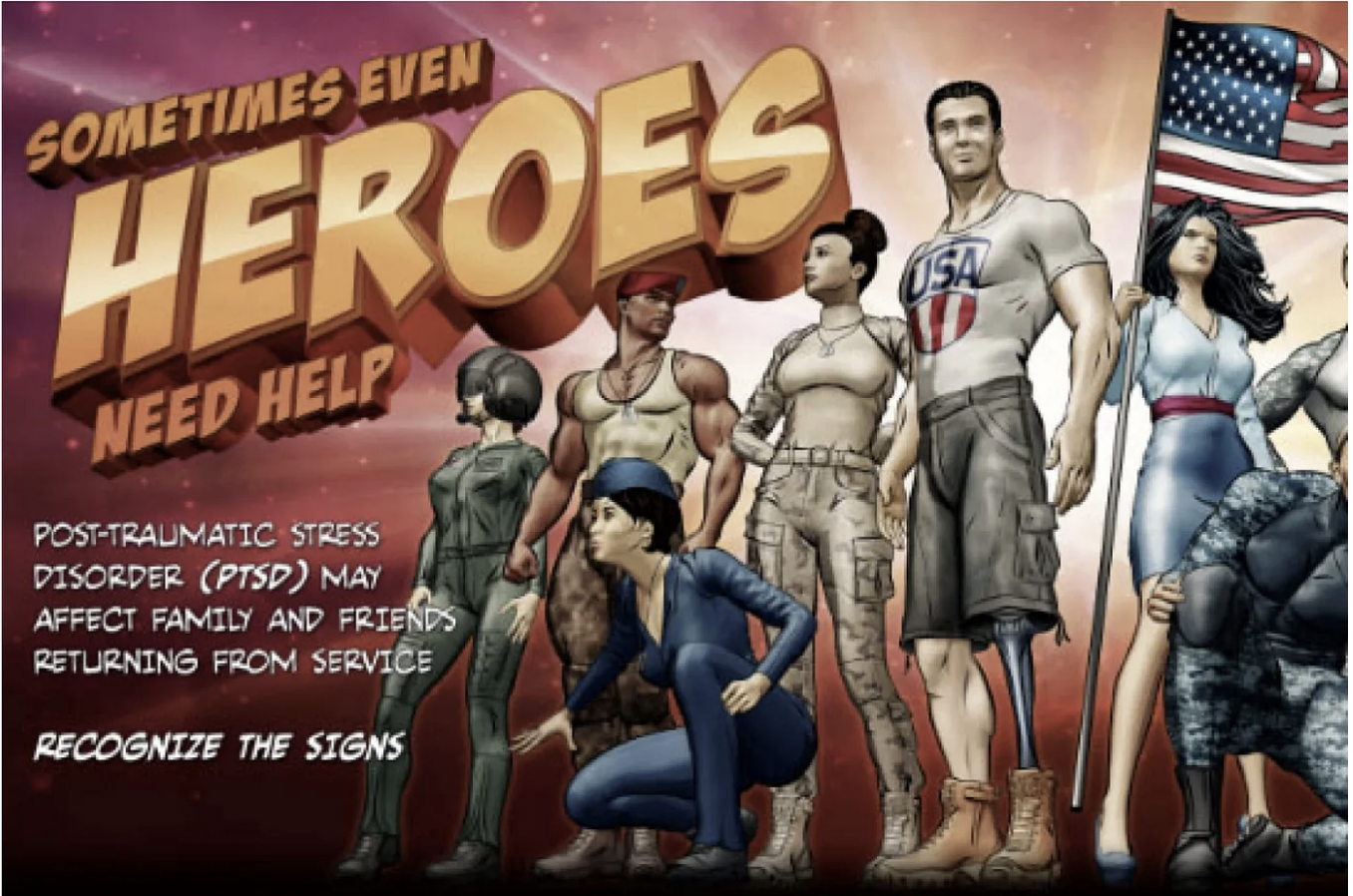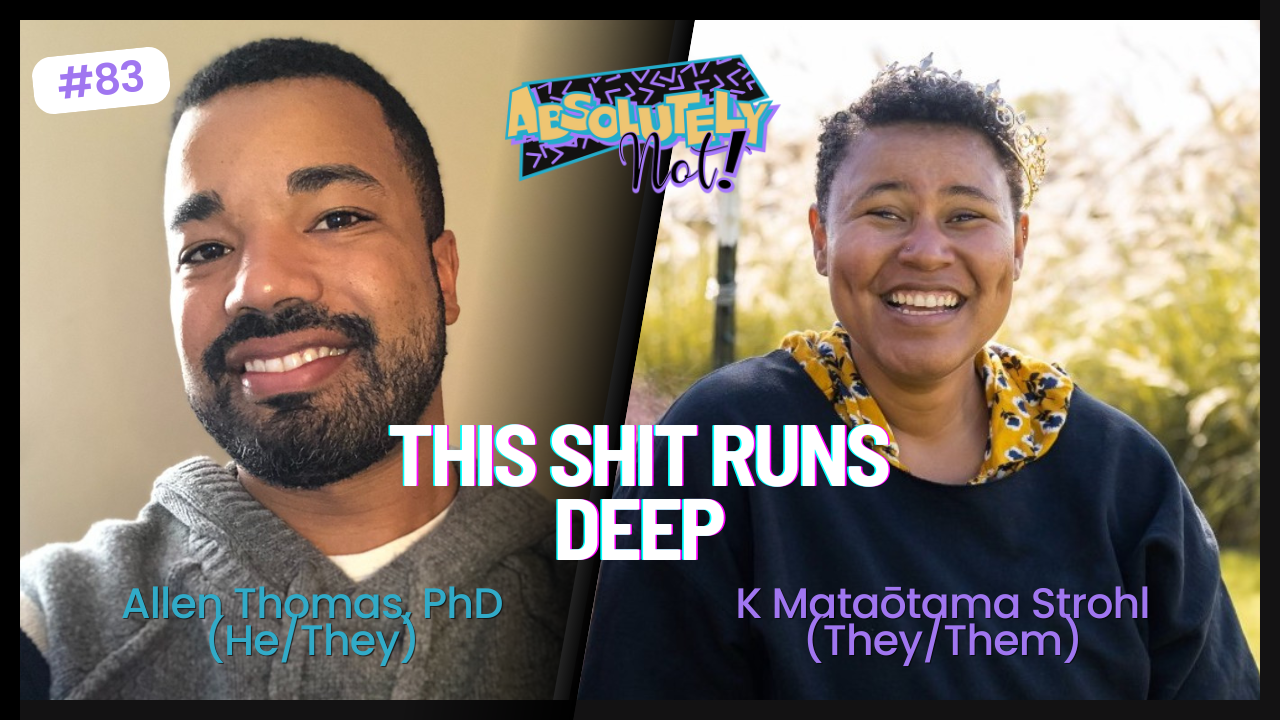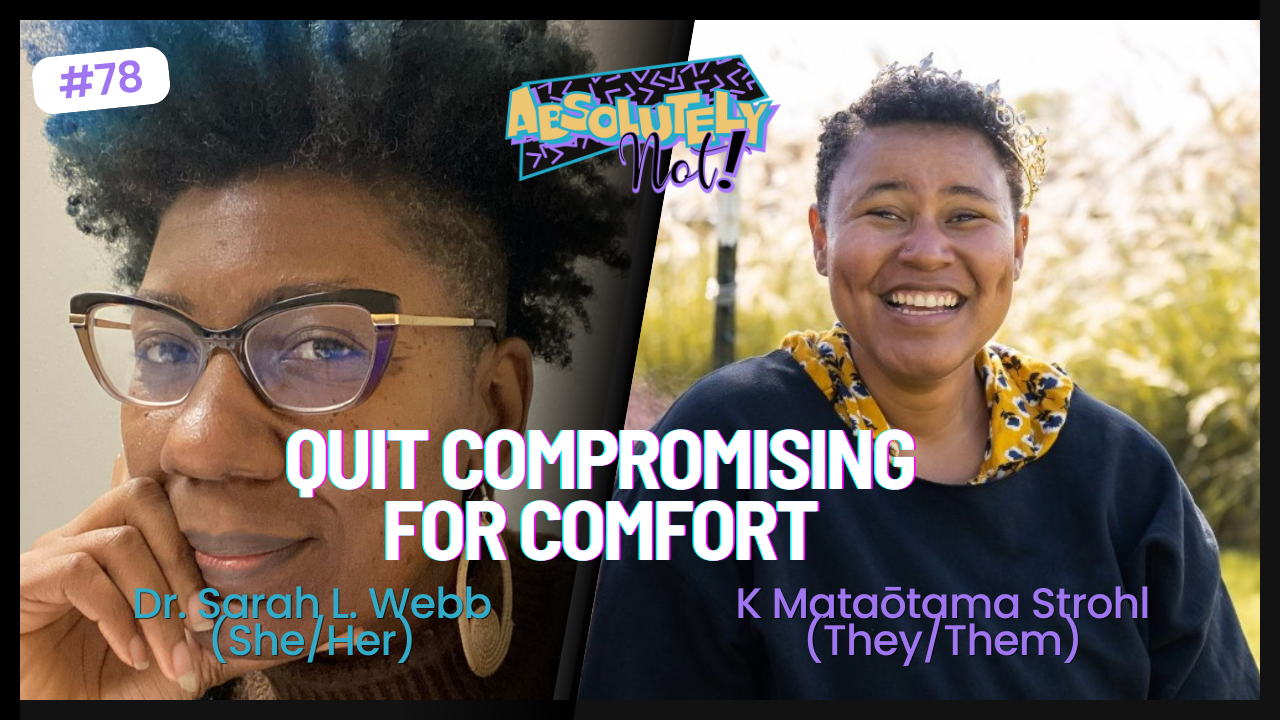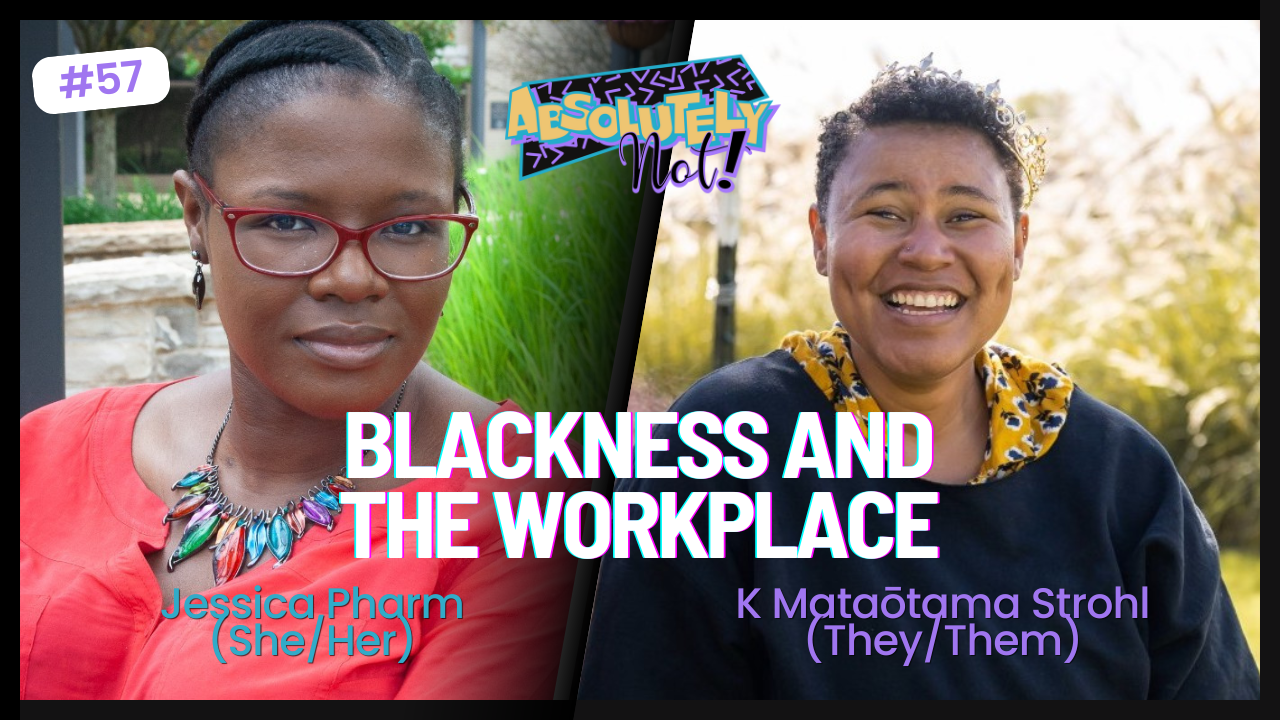K Mataōtama Strohl (They/Them)
K is an award-winning consultant, coach, writer, speaker, curator of an online community and host of two popular podcasts.

Not your BIPOC, POC or WOC
No one knows for sure how or where Black, Indigenous and People of Color (BIPOC) originated but the origin of Women of Color (WOC) has been described by Loretta Ross, cofounder and national coordinator of SisterSong -Women of Color Reproductive Justice Collective. It was originally used to establish solidarity and a deep connection amongst women from different cultural and racial backgrounds. People of Color (POC) finds its roots from “groups like the Black Panther Party for Self Defense and the Brown Berets came together in solidarity as people of color, which was a new instantiation of the idea of people having color.” These terms have have since their origin been carelessly turned into acronyms and used in every fashion imaginable under capitalism.
“You’re Fat.”
This thinking stems from the frequent use of the Body Mass Index (BMI). The same system used by the military. Heather Irobunda, MD, FACOG (She/Her) and Sabrina Strings, Ph.D. (She/Her) speak frequently on how this system is outdated, rooted in White supremacy and not an indicator of health or wellness.
They created a video describing the history of the system and how it still causes harm til this day. This video not only promotes self-advocacy in all spaces but also solidifies the fact that….. Fatphobia is Anti-Blackness.
The Face of PTSD
The next time someone says PTSD and your brain automatically pulls up a cis White man who is also a combat veteran , challenge it to think of anyone else. Challenge it to think of a trans person who has been disowned by their family for transitioning or a Black person who just had to watch another Black person be murdered. Think about who is defining trauma and why they are defining it this way.
Why Doesn’t BIPOC, POC or WOC Align with Your Work?
To clump people together from different groups just because they are being harmed by systems based in White supremacy because we assume that everyone who isn't White receives the same type of harm from these systems is extremely harmful and unsafe.
This Shit Runs Deep w/ Allen Thomas, PhD
You're walking in with all these firm boundaries that really aren't based in humanity or connection, and then you're saying that you know how things are going. The reality is there's a wealth of research, there's a wealth of scholarship, and I'm sure, we've both seen, in person, when folks call themselves neutral very often, they're the exact opposite of it.
Design Is For Black People Too w/ Kirk Visola
And the fake it till you make it, I see that more a skill set for most people, but with Black people, it's not only a skill set, it's it's the way we have to navigate ourselves in this world. It's the way we have to carry ourselves, it's the way we have to be-
Quit Compromising for Comfort w/ Dr. Sarah L. Webb
And so colorism is something I feel I can speak directly to, because any anything can be a source of that for someone else, right? For some people, it's sizes, and for some people, it's ableism, transphobia, you know? So a lot of these social problems can have this a similar impact on other people, depending on their identity, and because of my particular identity and experiences, I feel like I can speak to colorism in a way that does create change, both for individual people but also in communities and cultures.
Put It On the List w/ Franky Rhodes
Being in HR and being Black, is interesting. It's one of those fields where there's an expected vibe. And I'm not that person, because my goal is to create an environment where you get to be whoever the heck you want to be all the time. I don't want you to turn things off about you.
Blackness and the Workplace w/ Jessica Pharm
We are not all educators and should not all be expected to be. I love talking about boundaries because they make it so easy to see how harmful people truly are after setting them. Thank you so much Jessica for reminding us of the boundaries we are allowed to set! In this episode we discuss: -Why Blackness in the workplace is different -Knowing that it's not you, it’s them -How documentation is key to being safe
